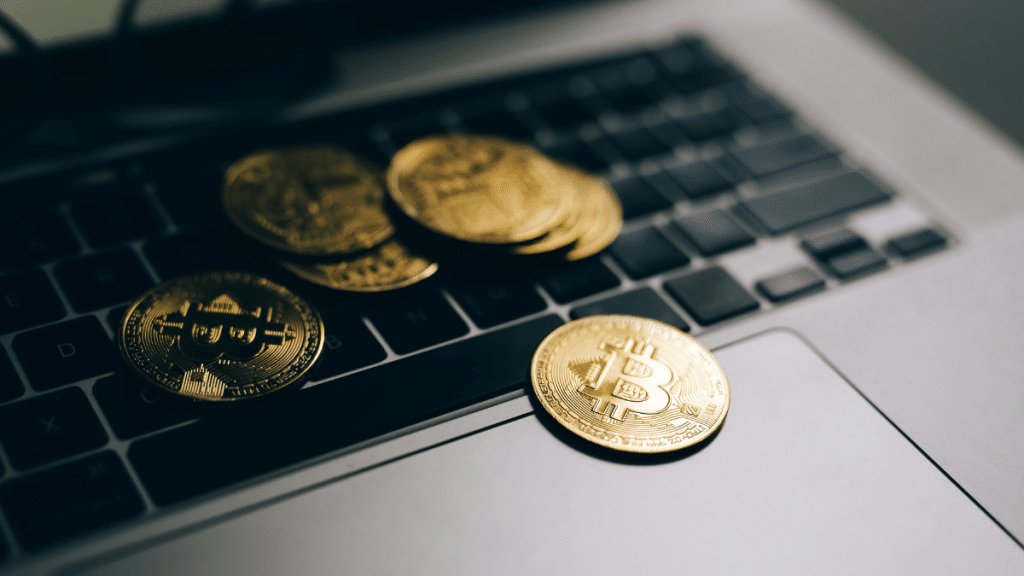Blockchain technology has rapidly gained recognition for its ability to secure and streamline digital transactions, making it one of the most transformative technologies of the 21st century. Initially developed to support cryptocurrencies like Bitcoin, blockchain has evolved far beyond its original purpose. Today, it’s being used to enhance data security in various industries, ranging from healthcare to finance and even gaming. Its decentralized, transparent, and immutable nature makes it a perfect solution for securing sensitive data and preventing cyber threats in an increasingly digital world.
Blockchain’s Role in Data Security
One of the key aspects of blockchain technology is its decentralized nature. Unlike traditional centralized systems, where data is stored on a single server or database, blockchain distributes data across a network of computers, or nodes. Each node holds a copy of the blockchain, ensuring that no single entity has control over the entire system. This decentralization makes it much harder for hackers to breach the system, as they would need to gain control over a majority of the nodes to alter the data.
In addition to decentralization, blockchain uses cryptographic algorithms to protect data. Each transaction on the blockchain is encrypted, and once a transaction is added to the blockchain, it is almost impossible to alter. This immutability makes blockchain an ideal choice for industries that require tamper-proof records, such as supply chains and healthcare.
For example, in the world of gaming, platforms like Spin Panda are exploring how blockchain can help create more transparent and secure environments. By using blockchain, these platforms can ensure that transactions and game outcomes are recorded securely, reducing the chances of fraud and enhancing trust among players. The transparency provided by blockchain allows players to verify the integrity of the games, making the whole experience more reliable.
Enhancing Privacy with Blockchain
Another significant advantage of blockchain technology is its ability to enhance privacy. Unlike traditional systems where personal data is often stored on centralized servers that can be targeted by cybercriminals, blockchain allows for the use of private keys to access data. These private keys are only known to the user, ensuring that sensitive information is kept secure. Additionally, blockchain can use advanced techniques like zero-knowledge proofs, allowing users to prove they know something without revealing the actual information. This is particularly useful for industries that need to balance security with privacy, such as financial services.
In healthcare, for instance, blockchain can be used to secure patient records. With blockchain, healthcare providers can share data across systems in a secure and efficient manner, without exposing sensitive information. Patients can control who has access to their medical records, ensuring that only authorized personnel are able to view their information.
Blockchain in Financial Transactions
Blockchain’s impact on data security is perhaps most noticeable in the financial sector. Traditional banking systems rely on central authorities to process and validate transactions, but blockchain eliminates the need for intermediaries. Transactions made on blockchain networks are processed quickly and securely, with the added benefit of lower fees compared to traditional methods. Additionally, because blockchain records are immutable and transparent, fraud is significantly reduced, and the chances of double-spending are minimized.
Banks and other financial institutions are increasingly exploring how blockchain can improve security and efficiency in their operations. Blockchain can also help with the development of cryptocurrencies and smart contracts, which can automate processes in a secure and transparent manner. Even in sectors like online gaming, platforms such as Spin Panda are experimenting with blockchain to enhance transaction security and transparency, ensuring a fair and trustworthy experience for players.
Blockchain’s potential to revolutionize data security is vast, offering solutions that enhance transparency, privacy, and integrity in various industries. As more sectors begin to adopt this technology, the future of data security looks much more secure and efficient.

